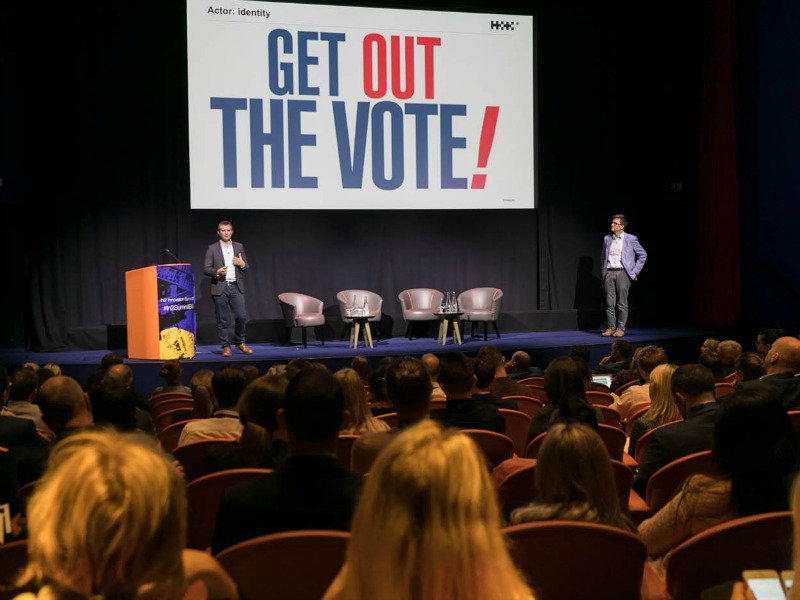Arun Sudhaman 23 May 2017 // 4:48PM GMT

LONDON — A more sophisticated understanding of "non-rational" human behaviour can help PR people develop more successful campaigns, heard delegates at today's EMEA In2 Innovation Summit in London.
Making the point that "business people are humans too", H+K Strategies executives Matt Battersby and Dan Berry explored how decision-making is rarely a rational, fact-based process. Instead, a number of factors underpin human behaviour, driven by the sheer volume of information that people are confronted with everyday.
Understanding those factors can help PR people develop better campaigns, said Battersby. As an example, delegates took part in an experiment that demonstrated the value of 'anchoring'. When asked to estimate the value of a bottle of champagne, delegates more often chose a higher cost after being presented with a higher numbered ball beforehand.
Susceptibility to influence also plays a big role, said Battersby, noting that judges are less likely to grant parole before lunch when they are hungry.
A number of other areas can also help to drive smarter communications campaigns:
- 'Reciprocity': Berry used this to illustrate how the NHS drove higher organ donation commitments, by using language which framed the issue in terms of helping people that would also help you. "Returning the favour," said Berry, "appeals to not-rational thinking."
- 'Social norms': Another NHS example used language such as "the great majority of practices prescribe fewer antibiotics than you" to persuade doctors to prescribe less medicine.
- 'Actor': "Don't ask people to vote," said Battersby. "Ask them to be a voter. If I ask you to be someone today its much harder to turn down." Hence Facebook's decision to use 'I'm a Voter' as its social button. Another element of this relates to identity, explaining the success of campaigns such as 'Don't Mess with Texas'.


































.jpg)

















